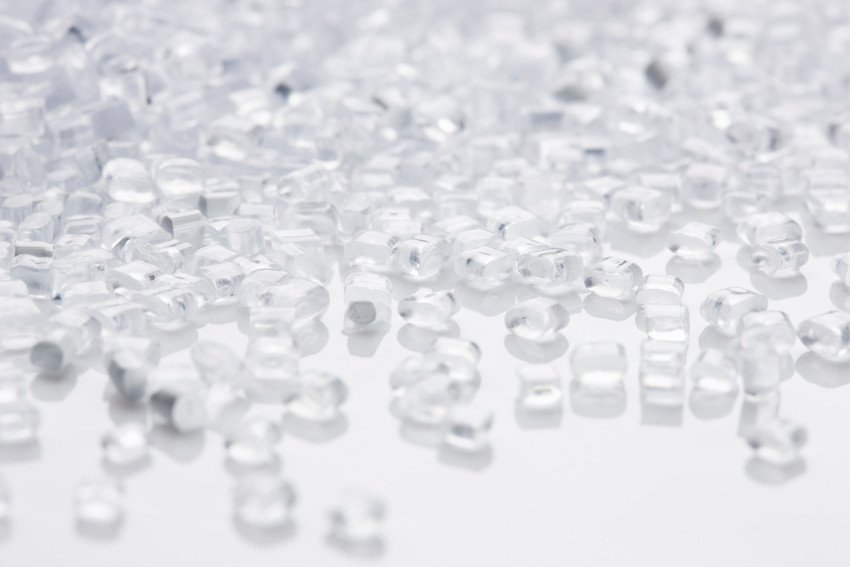Recent reports have shown that the fashion industry causes a third of the production of microplastics in the ocean. These tiny plastic particles damage the ocean’s natural biodiversity, resulting in the loss of sea life. Below, we take a closer look at what microplastics are and how we can lessen their detrimental impact on the planet.
Microplastics are tiny increments of plastic that are shed from our clothes when we wear them and, more significantly, when they are washed. A large majority of clothes that we wear are made from synthetic fibres like polyester, nylon and acrylic simply because they are cheap to produce and buy. When we wash these clothes, these tiny millimetres of plastic are released into our water systems, eventually ending up in the ocean.
How much microplastics are produced?
It is difficult to estimate how many microplastics are produced within each wash, as this can vary depending on how much synthetic-fibred clothes we have. However, research has been conducted surrounding microplastic production from the washing of certain fibres. For example, in a 6kg wash, Acrylic released 728,789 fibres, Polyester is 496,030, and a Polyester-cotton blend is 137,951. Yet, these statistics can still vary depending on garment construction, the materials used, type of detergent, fabric softener, water temperature and how full the washing machine is.
What is particularly more concerning is that, once these microplastics are in the ocean, there is no proven and effective way to mass remove them.
How can we reduce microplastics?
As the discovery and prevention of microplastics are still in the early stages, individual consumer efforts need to be utilised to limit the number of microplastics that are being released. Annoyingly, many affordable clothing pieces are made from synthetic fibres and it might not be an option for everyone to afford clothing constructed from 100% organic cotton and hemp fabrics.
The simplest way that is achievable for everyone is to only wash clothes when necessary – for example, when visibly dirty. Another is to buy fewer clothes in general and not give into fast fashion trends. Of course, if you can afford it, purchase clothes that are made from organic natural fabrics – yet these do have environmental setbacks too, as a large amount of water is needed to produce these fabrics on a mass scale.
Of course, it is a difficult pill to swallow, but almost everything we do now has an environmental impact. Yet, simply being aware and questioning our everyday actions and habits, then reducing and changing our ways for more environmental options, can help preserve our planet for future generations.
Here at Devon Contract Waste, we are passionate about being an honest zero to landfill waste management company that is committed to helping the environment. To find out more about our services, simply contact us today.
